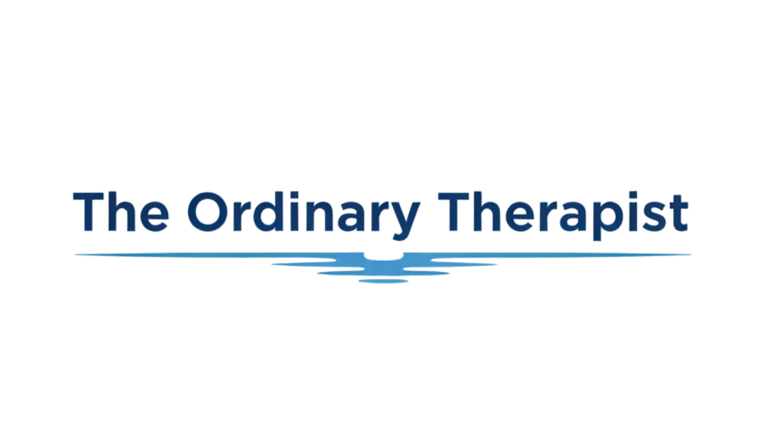Unpacking OCD
The dangers of being “too responsible”.
OCD is rarely what people imagine it to be. It’s not about being “neat” or “organised.” It has far less to do with control, and far more to do with responsibility.
Individuals with OCD often carry a relentless need to ensure they are not responsible for any suffering, discomfort, or harm, to themselves or to others. This exaggerated sense of responsibility drives compulsive behaviours aimed at reducing the intense anxiety and guilt that accompany doubt.
They check, clean, confess, analyse, or mentally replay situations in an effort to feel safe , to neutralise even the smallest perceived risk, long after reason knows better.
Many of the people I work with live under constant mental pressure, performing compulsions that may be observable or invisible, repetitive actions or silent mental rituals carried out in private.


The content of intrusive thoughts varies widely: existential, moral, religious, or sexual in nature. Some experience forms of magical thinking - the belief that merely thinking of harm makes them responsible for causing it.
Across these themes, the absence of certainty can feel morally dangerous, as if failing to prevent a bad outcome is the same as causing it.
I work across this entire spectrum, helping clients recognize patterns, reduce compulsions, and retrain their nervous system to tolerate - and eventually stop overreacting to - the uncertainty that life naturally brings.
This process involves understanding what fuels the cycle and then gradually and compassionately exposing the brain to those fears until the distress response begins to quiet.


Known as habituation, this doesn’t mean accepting or approving of intrusive thoughts, it means that those thoughts lose their power to control your behaviour or define your worth.
Therapy for OCD is about learning to see that OCD can only lie. It produces false alarms that feel real but aren’t true.
When therapy works, the noise quiets. You regain time, peace, and presence - the ability to connect deeply with the world and the people you love. You rediscover calm, clarity, and confidence in your future, and begin to reclaim all the parts of life that OCD once took from you.


Leslie Faria Mendes
Clinical Psychologist (MPsych, UJ)
084 097 0127
Blubird Medical Suites
First Floor, BluBird Shopping Centre
Birnam, Johannesburg, 2196
The Ordinary Therapist
BA Honours Psychology (UJ)
MA Clinical Psychology (UJ)
PR no: 0563978
HPCSA no: PS0121983
Forms
Form 2 - Request for Access to Records Form | Form 3 - Outcome of Request and of Fees Payable Form | Informed Consent Form
Privacy Policy | Website Disclaimer | Terms and Conditions | POPIA Manual | PAIA Manual | Cookie Policy
© [2025] to LF Mendes, The Ordinary Psychologist Inc. All Rights Reserved.
Website by Kat Johnstone
